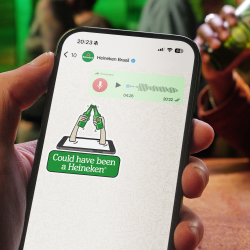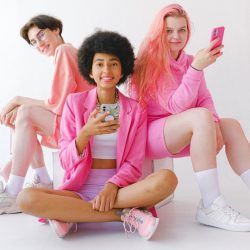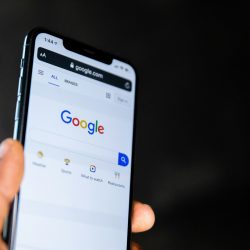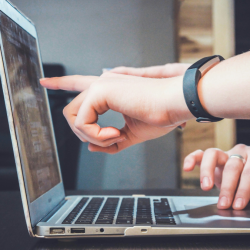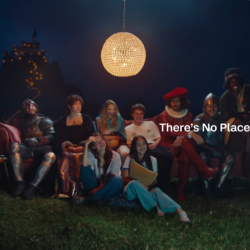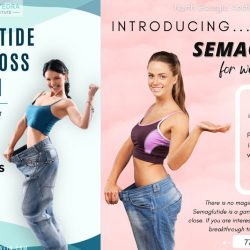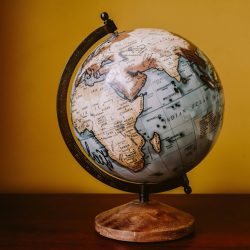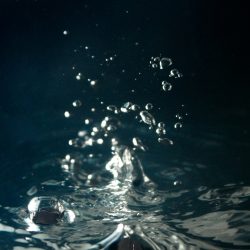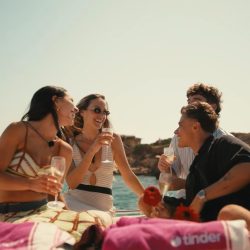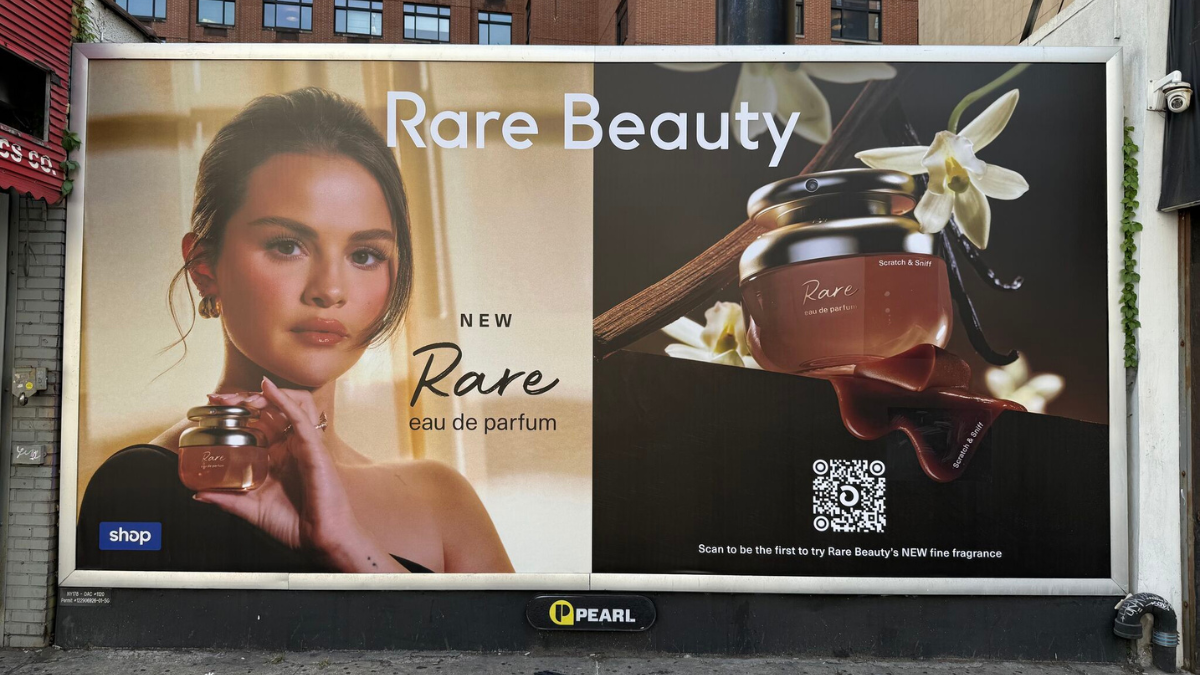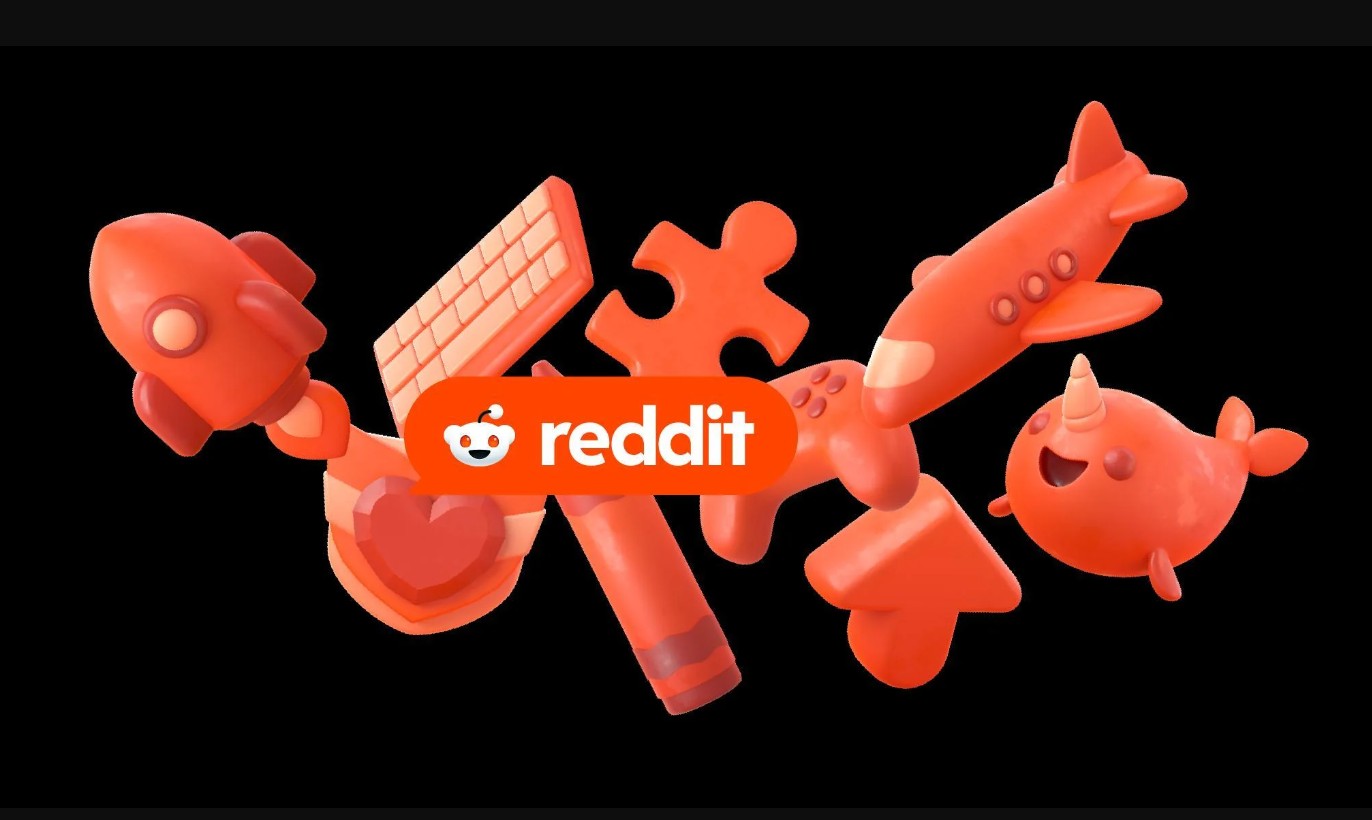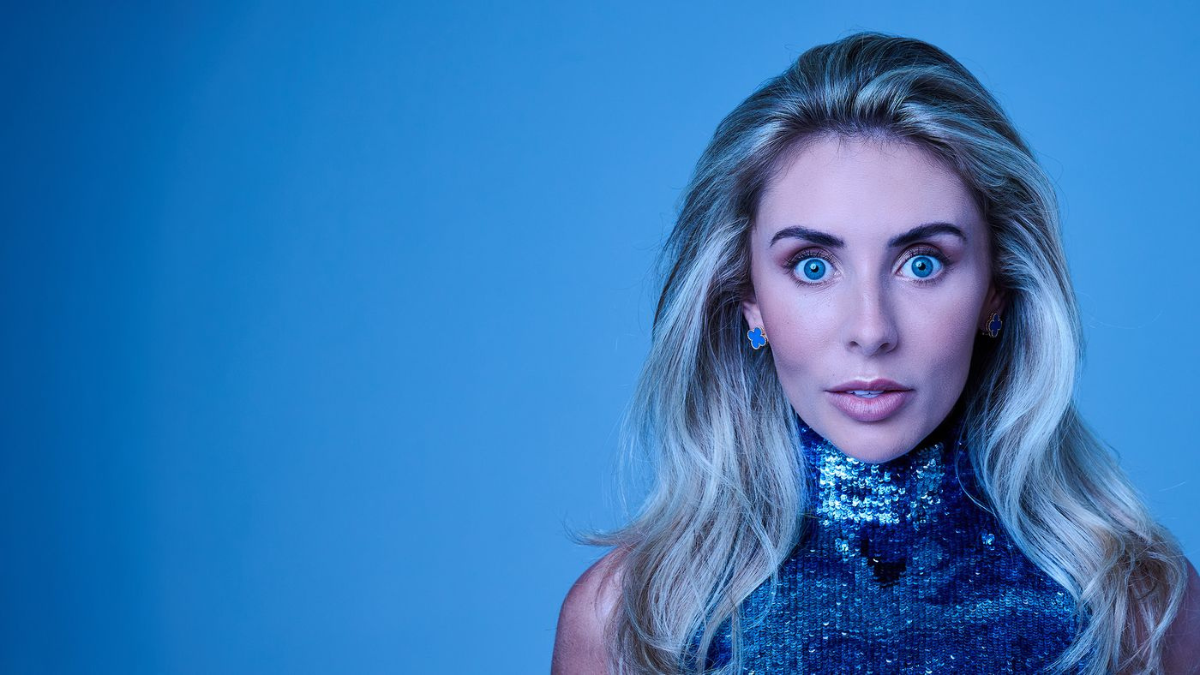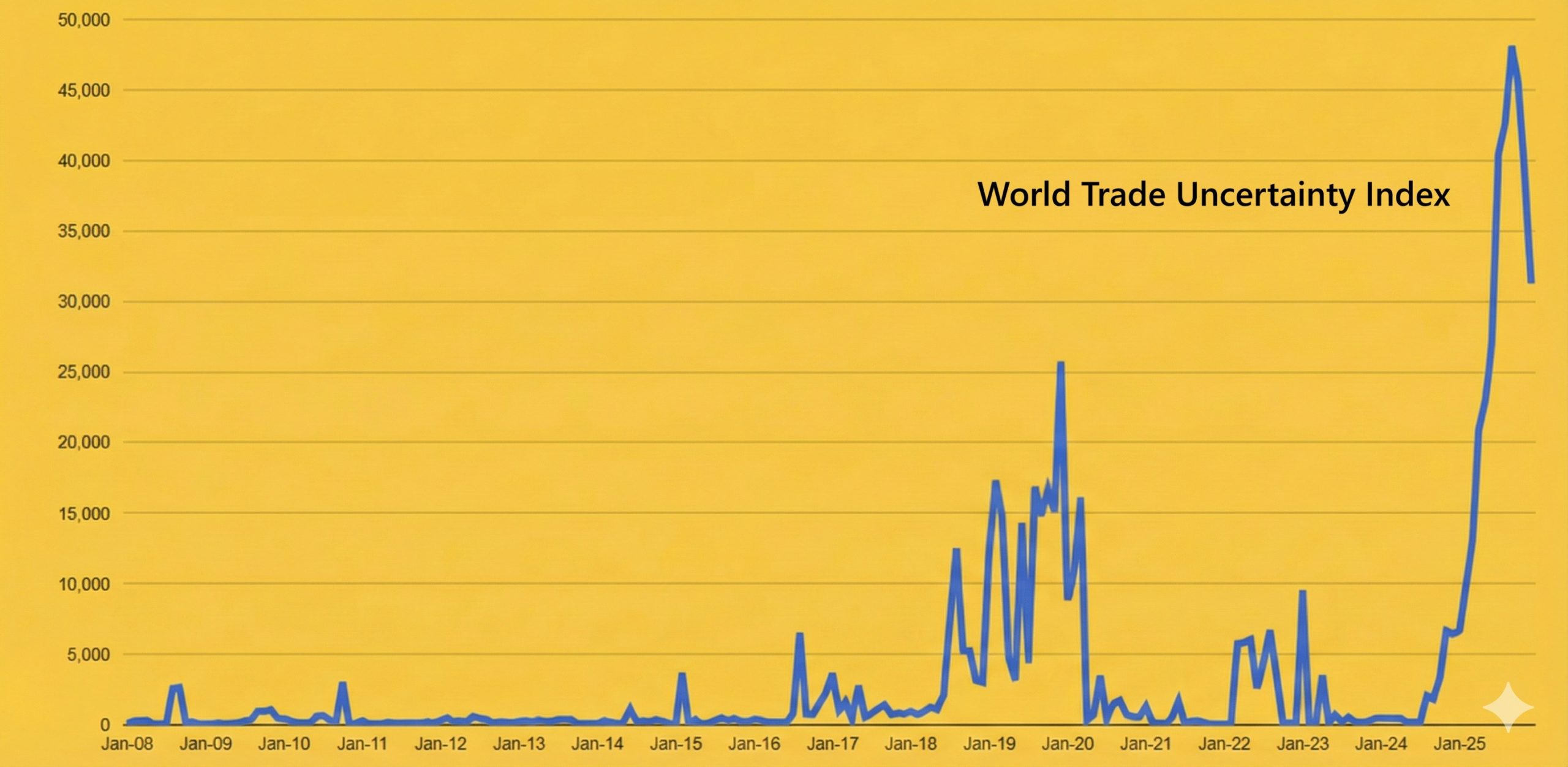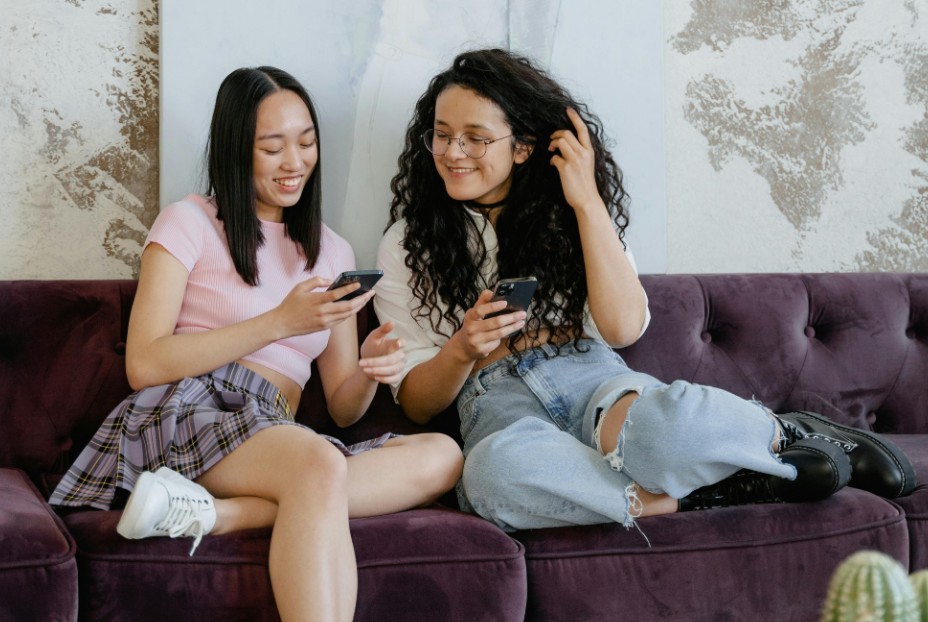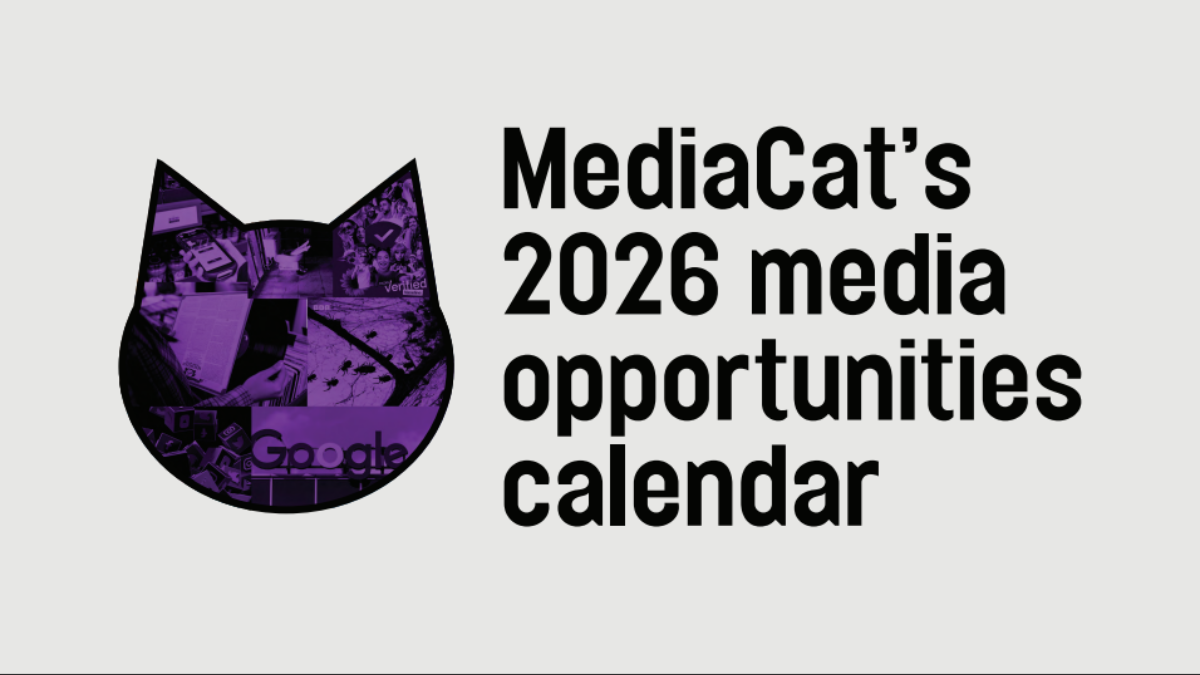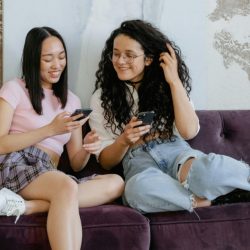Selena Gomez’s cosmetics brand, Rare Beauty, unveiled three scratch-and-sniff billboards in New York City last week to promote its first fragrance.
The billboards for Rare Eau de Parfum weren’t just fragranced — they also featured QR codes passersby could scan to order a sample from Shopify’s Shop app.
Rare Beauty’s billboard comes after Sure advertised its whole body deodorant in March with a sniffable OOH ad, urging passersby to ‘smell this bunda’ or ‘sniff these meatballs’. In May, Lynx also invited people to ‘scratch and sniff’ the groin of the model in its ad.
With the decline of print publishing, perfume makers have fewer opportunities to get their product in front of consumers. Sniffable billboards, while probably not quite as effective as their counterparts in glossy magazines, offer a new sampling channel.
What makes the Rare Beauty billboards stand out, however, is that they go beyond awareness and discovery thanks to the QR codes, which turn pedestrians into engaged, prospective customers.
We already see this in the digital world, where moments of discovery, consideration, and even purchasing are starting to converge. Earlier this year, Boston Consulting Group (BCG) proposed a move away from the linear marketing funnel, which it says ‘force-fits’ complex touchpoints into oversimplified stages. Instead, the group argued marketers should look at ‘influence maps’ which focus on four key behaviours: streaming, scrolling, searching, and shopping. These maps, BCG explained, recognise that touchpoints can ‘occur across the entire journey, overlapping and influencing multiple stages simultaneously’.
Unilever’s CEO, Fernando Fernandez, also touched on the collapse of the funnel in the company’s latest earnings call, saying that Amazon has become an ‘important channel’ for both sales and discovery. And in 2023, Edelman published a report on the collapse of the purchase funnel, claiming that purchase is ‘no longer the end point but the start of an ongoing relationship with the consumer’.
We now see this collapse of the funnel reflected in Rare Beauty’s campaign, which leverages technology to blend discovery and intent into a single moment. The brand collaborated with Shopify’s Shop app to offer the mini rollerball samples and also used geogated technology to confirm that those requesting the sample had been within the billboard’s vicinity. The brand further leaned into exclusivity by offering customers samples before the perfume’s release date on 7 August.
Last month, the market intelligence agency Mintel reported the trends shaping the fragrance industry in 2025, stating that discovery sets and paid-for sampling had gained popularity because customers want to test products before spending money on full-size bottles. Mintel also found that urban Gen Z-ers are interested in fragrance layering and personalisation.
Rare Beauty’s campaign seems to align closely with both of these trends, offering mini samples through its billboards and promoting a perfume that can be customised with four layering balms to create a personalised scent.
